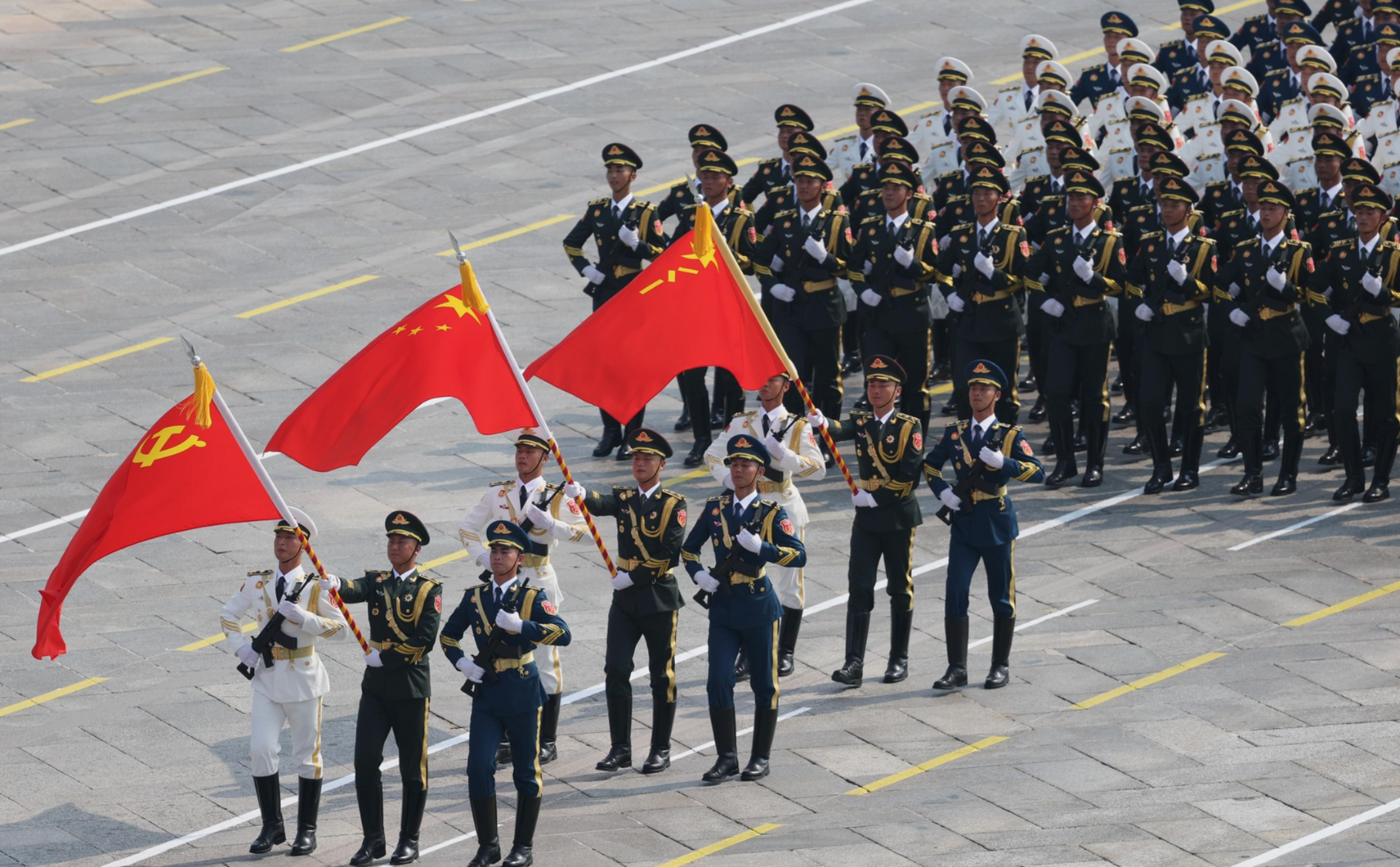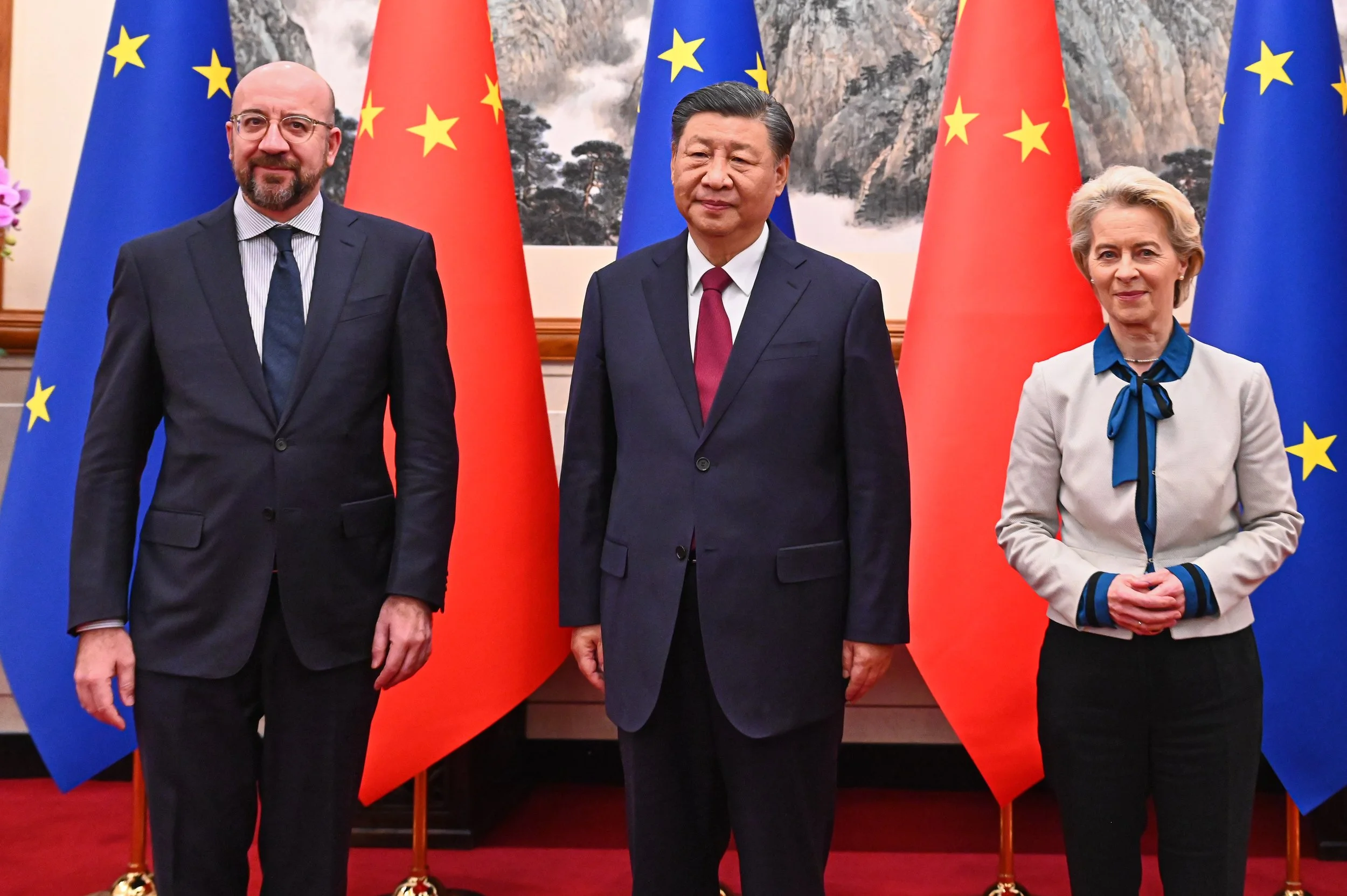Written by Dr Muhammad Zulfikar Rakhmat
Indonesia’s foreign service, though respected in ASEAN, has not fully kept pace with the demands of a world where China is central to trade, technology, and security. Without a cadre of China specialists embedded across government and academia, Jakarta risks responding to events rather than shaping them.
Read More
















